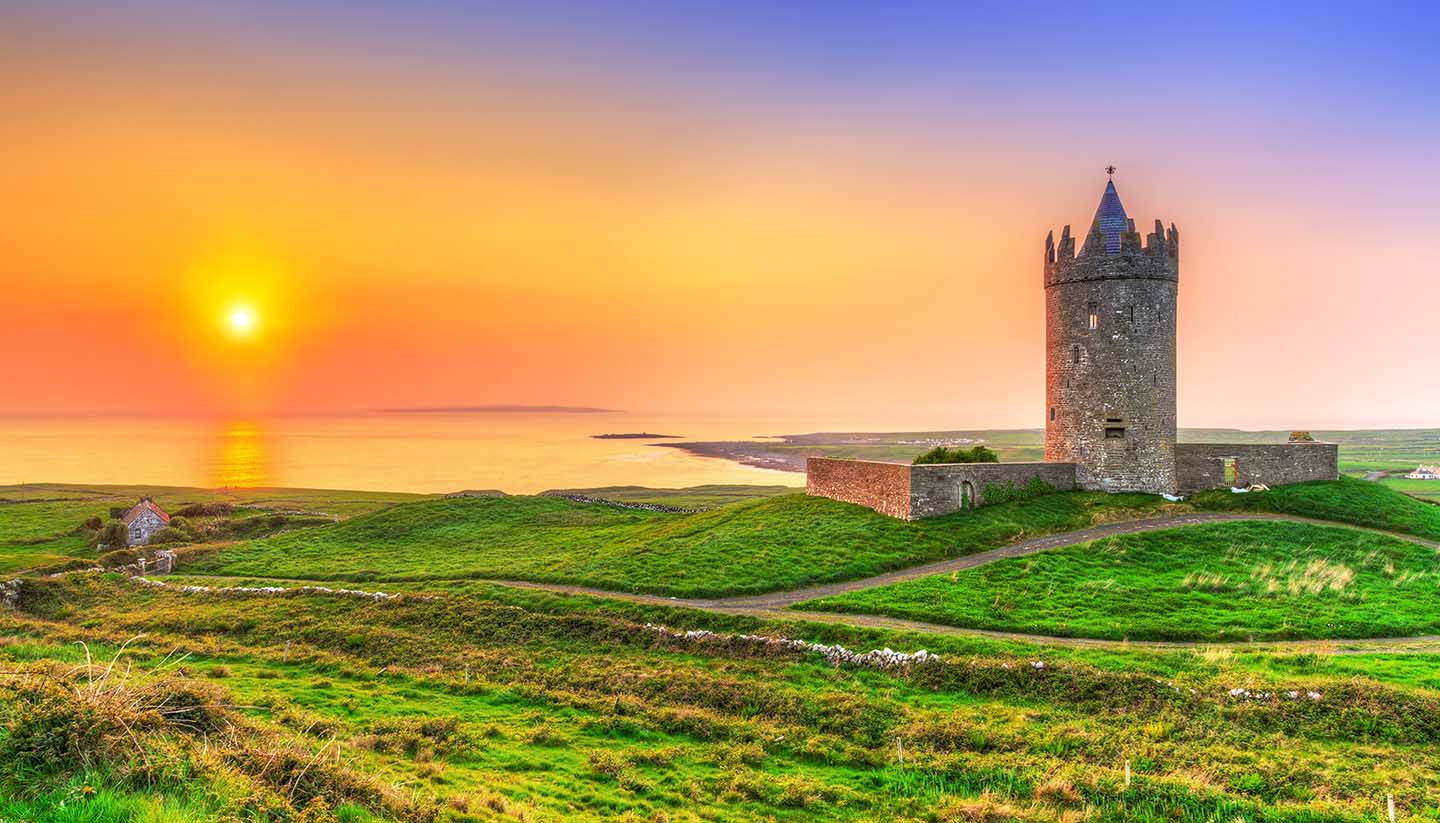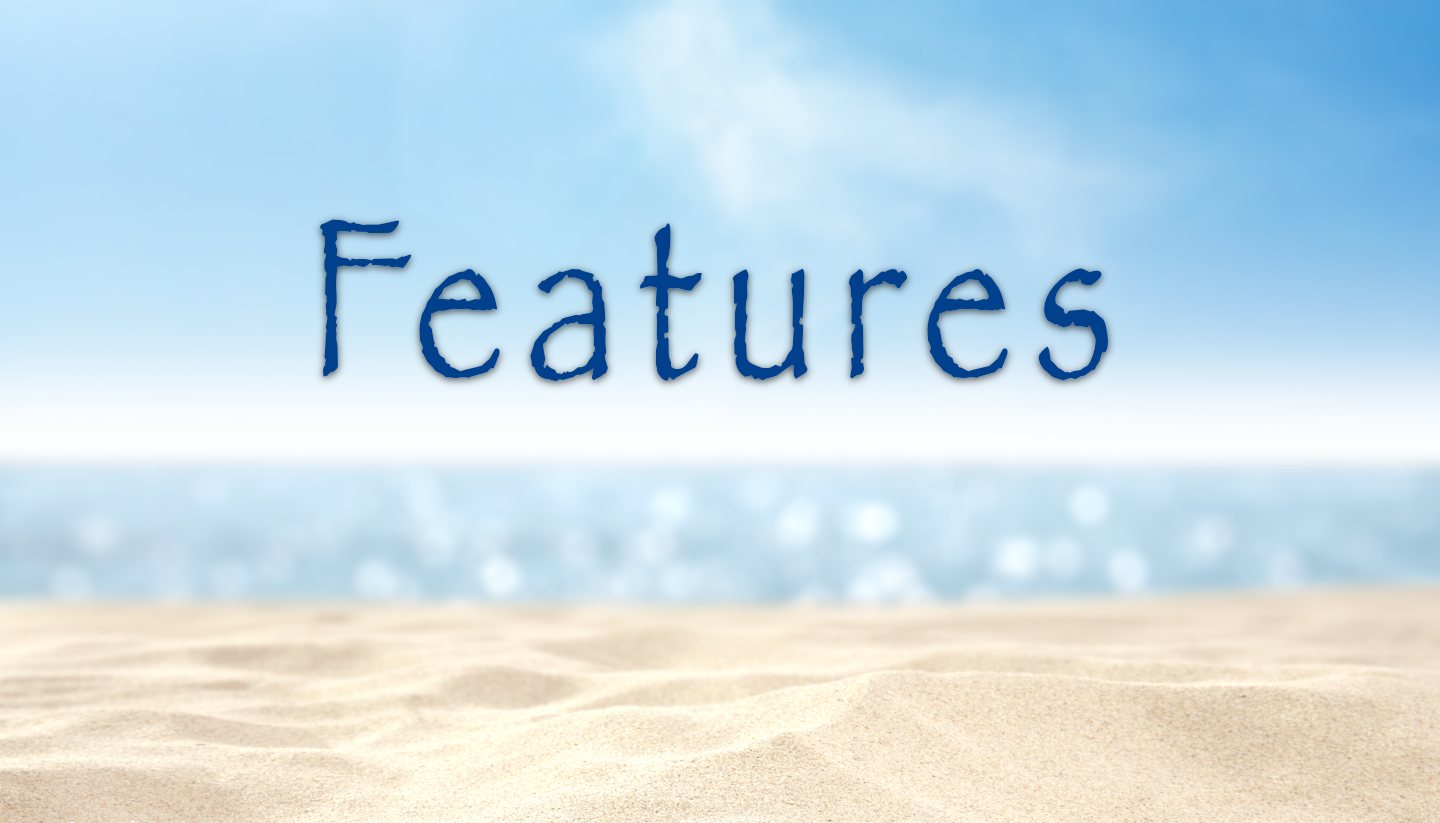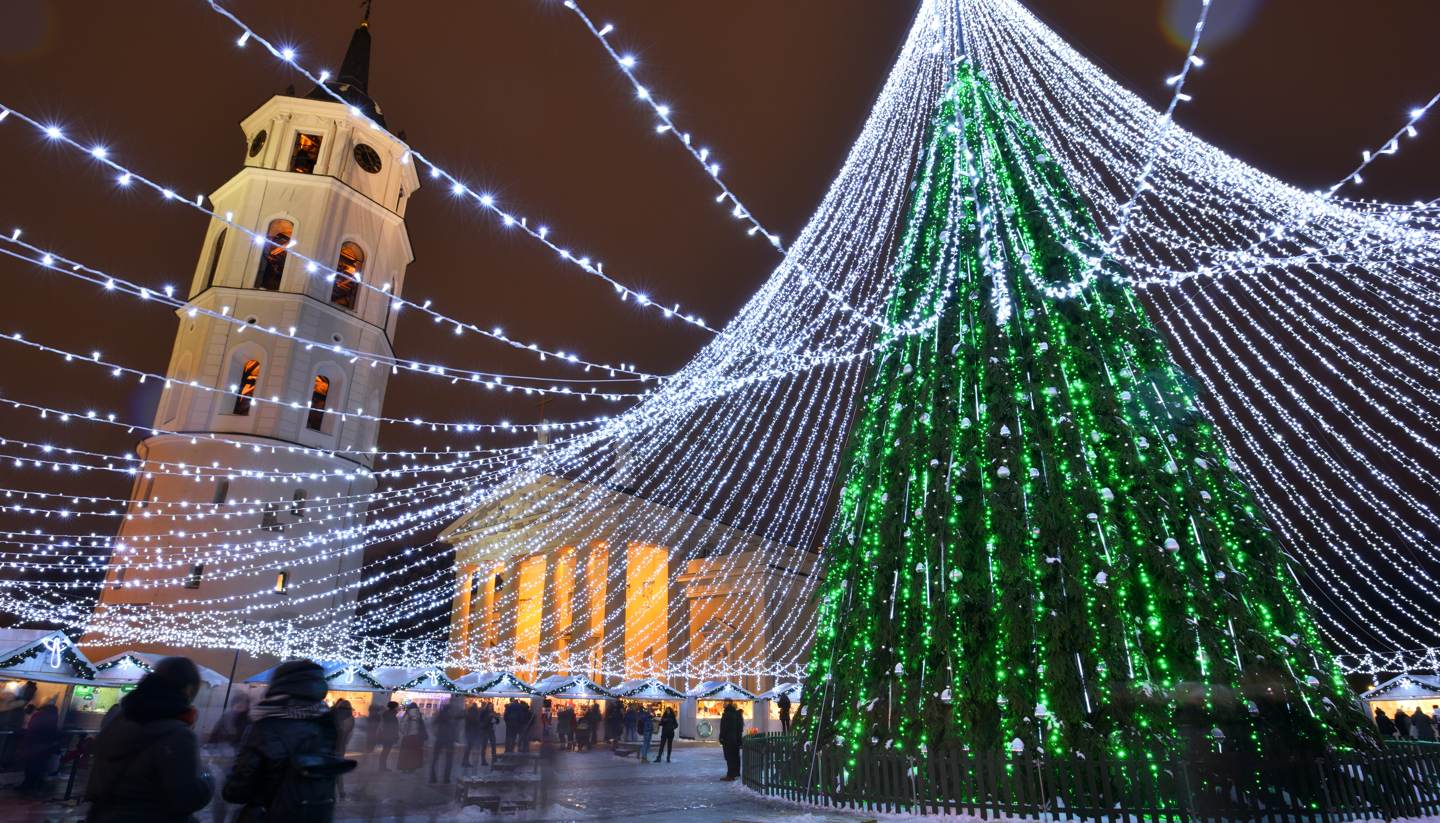Where to stay in Ireland
Hotels
Ireland is home to a dizzying range of different accommodation options, with centres like Dublin able to offer everything from the most idiosyncratic guest-house to the glitziest pleasure palace. In short, there’s generally something for all budgets. Around 850 hotels are inspected, approved and graded by Fáilte Ireland, the Irish Tourist Board (www.failteireland.ie). Since the start of the economic crisis, however, it’s often been possible to find some impressive deals, particularly if you shop around well in advance.
Grading: Fáilte Ireland registers and grades hotels from 5-star (highest) to 1-star (lowest).
Bed and breakfast
Almost 300 guest houses, not to mention a huge number of other B&Bs, are registered and inspected by Fáilte Ireland, from 4-star (very high standard) to 1-star (clean and comfortable), and ranging from converted country houses to purpose-built accommodation. Meals can be from bed and breakfast to full board.
Camping
Ireland has are over 100 caravan and campsites. The majority are open May-September. Caravan and camping parks are inspected by Fáilte Ireland, and those meeting minimum requirements are identified by a special sign and listed in an official guide. Firms offering touring caravans, tents and camping equipment for hire are included in the listing.
Other accomodation
There are hundreds of town or country homes and farmhouses across Ireland offering bed and breakfast on a daily or weekly basis, with other meals often provided. This informal type of accommodation gives visitors the opportunity to share in the life of an Irish family in an urban or country setting.
A total of 21 youth hostels are operated by An Oige, theIrish Youth Hostel Association (www.anoige.ie). They provide simple dormitory accommodation with comfortable beds and facilities for cooking meals. Usage is confined to members of An Oigeor other youth organisations affiliated to the International Youth Hostel Federation. Non-members can buy stamps at hostels entitling them to further hostel use.
Ireland has many registered hostels offering privately owned accommodation at reasonable prices. Dormitory-style sleeping accommodation and/or private bedrooms are available, with fully equipped kitchens. No membership is required. Some provide meals; others breakfast only.
Ireland also has a decent array of holiday camps and holiday villages, most of which come complete with a wide variety of facilities, including self-catering units, indoor swimming pools and restaurants. The centres are registered with Fáilte Ireland.
Budget accommodationis available at seven of Ireland's universities during the summer holidays. There are four different options in Dublin, as well as further choices in Galway, Cork and Limerick. Visit www.irelandinsummer.com for a more comprehensive overview.
Self-catering establishments are scattered throughout Ireland. Accommodation includes houses, self-contained apartments, cottages and caravans. However, for the full rural experience there are some traditional-style thatched cottages that are fully equipped and in beautiful and remote spots.
There are a number of health farms throughout Ireland, which offer spa baths, massage clinics and beauty salons as well as accommodation. Those in search of a no-expense-spared pampering experience will be well catered for.





